Christmas Around The World
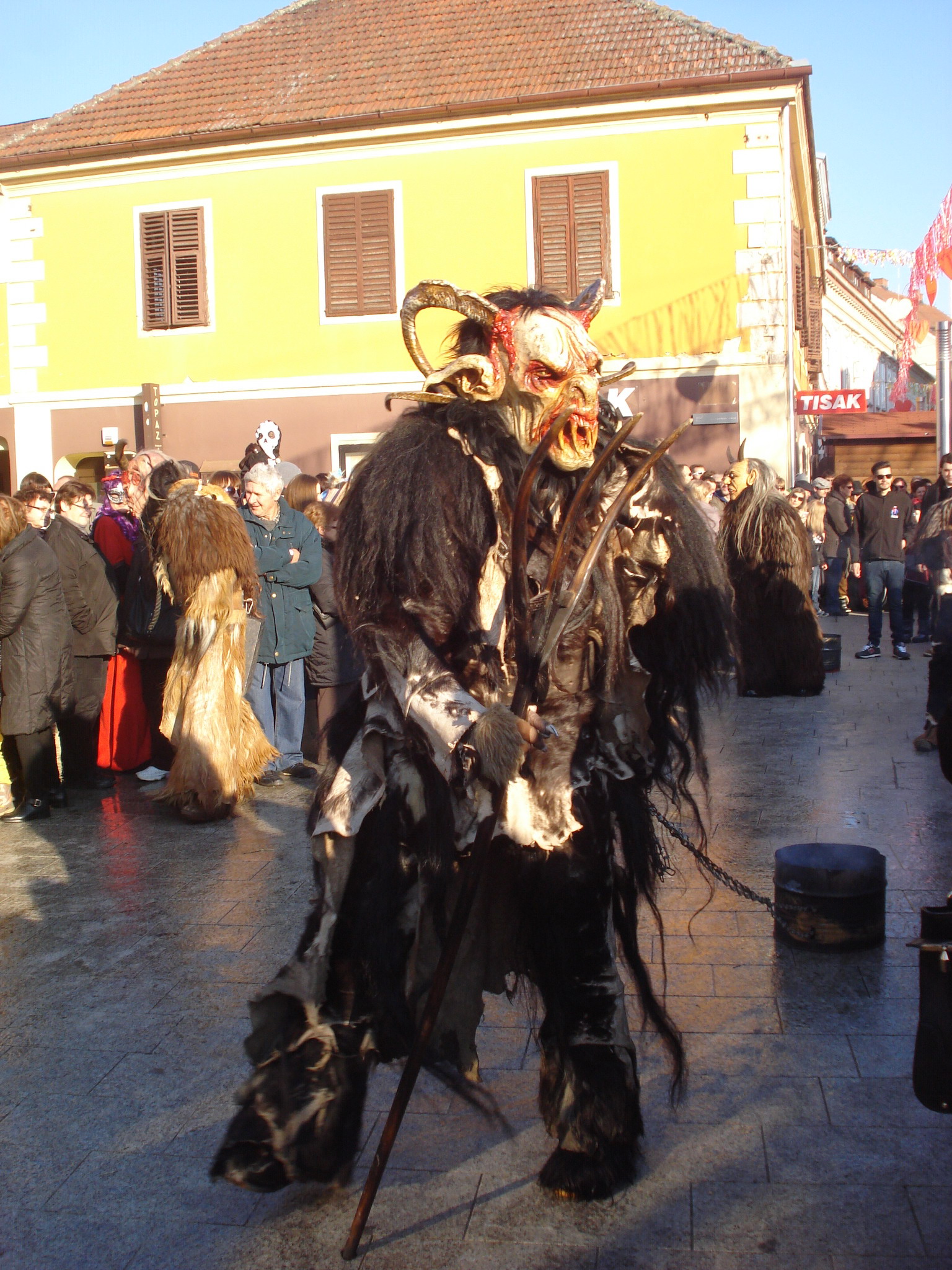
Austria: Bad Santa
Austria - a beautiful country, where a scary creature called 'Krampus' (the evil accomplice of St Nicholas), is said to wander the streets in search of badly-behaved children. During the month of December you can expect to see terrifying masked figures out and about scaring kids and adults alike with ghastly pranks.
Learn more here!Finland: Steamy Eve
Many homes in Finland come equipped with their own sauna, and at Christmas
time
this warm spot becomes a sacred space associated with long dead ancestors.
On
Christmas Eve, it's customary to strip naked and take a long and respectful
stint in the sauna, which is also believed to be home to the legendary sauna
'elf'. After the sauna session, Finns head out to the evening celebrations.
(this tradition sounds awkward for those big Christmas family gatherings...)

Goa
While entire India is getting ready to welcome the New Year, Goa – a former colony of the Portuguese, gears up for December 25th. Christmas celebration in Goa is a great carnival when every nook and corner of the place is drenched in lights and decorations. Christmas in Goa is all about the smell of scented candles, the sound of Christmas carol, and exchange of a lot of gifts! Plan a night out with friends, listen to the ringing sound of church bells, and watch a firework.
Learn more here!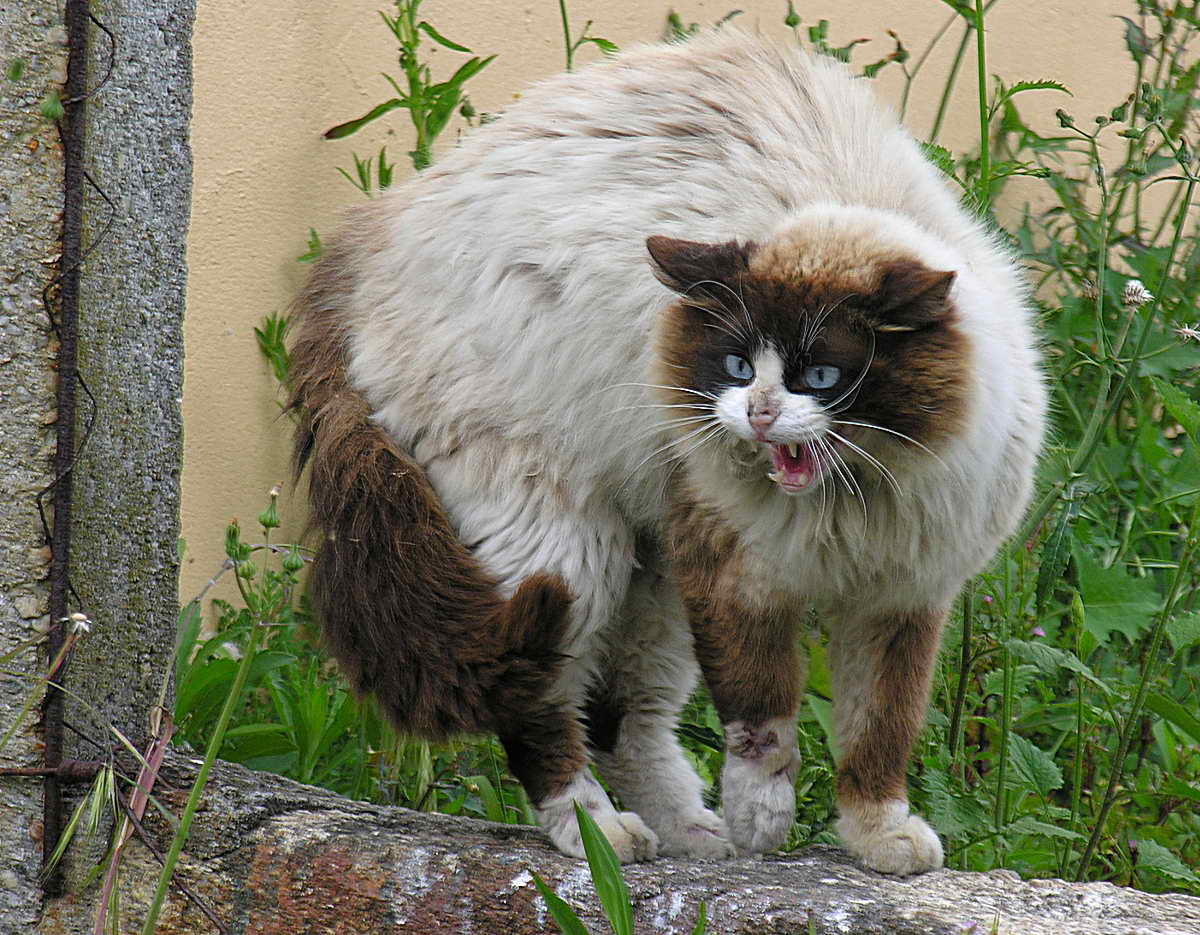
Iceland: Giant Cat
One of the weirdest festive traditions comes from Iceland, where a giant cat
is
said to roam the snowy countryside at Christmas time. Traditionally, farmers
would use the Yule Cat as an incentive for their workers - those who worked
hard
would receive a new set of clothes, but those who didn't would be devoured
by
the gigantic cat-like beast.
Today it is customary for everyone in Iceland to get new clothing for
Christmas
to avoid an unsavory demise.

Japan: Kentucky Santa
Back in 1974, the American fast-food restaurant KFC released a festive marketing campaign in Japan. The seemingly simple slogan "Kurisumasu ni wa kentakkii!" (Kentucky for Christmas!) spawned a national tradition that still thrives to this day. Although Christmas is not even a national holiday in Japan, families from all over the country head to their local KFC for a special Christmas Eve meal.
Learn more here!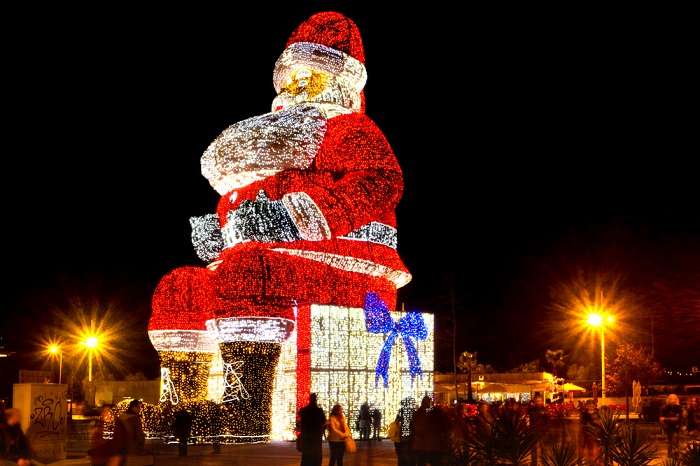
Portugal: Have a Merry Mechanical Christmas
In Portugal, the traditional Christmas dinner is usually held on Christmas Eve and consists of bacalhou (codfish) and boiled vegetables, as well as boiled octopus. Dessert is usually an assortment of baked and fried pastries: filhoses or filhós" made of fried pumpkin dough; "rabanadas" (much like French toast); "aletria" (a vermicelli sweet with eggs) or "azevias" - round cakes made of a crust filled with a mixture of chick peas, sugar, and orange peel. Nativity scenes (presépios) are a big deal in Portugal. Just outside of Porto in Sanata Maria da Feira, in November of 2013 Manuel Jacinto placed in the Guinness Book of World Records for the most mechanical figures in a nativity scene (162). The nativity scene is displayed free as an annual event that lasts from November to March and has been exhibited for the last 9 years. The festivities go on from December 24th to January 6th, which is Dia de Reis.
Learn more here!
Venezuela: Skating Mass
In the Venezuelan capital of Caracas, the excited inhabitants make their way to mass on roller skates every year on Christmas morning. The tradition is now so well-established that many of the city's streets are closed to traffic from 8am on the day, so that the skating congregation can get to church safely.
Learn more here!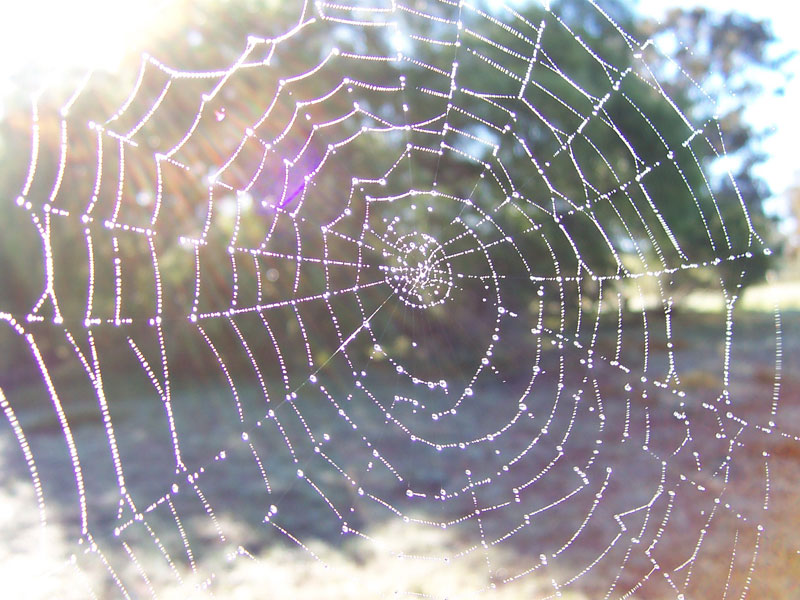
Ukraine: Cobweb Ornaments
Ukraine's strangest festive tradition is not one with arachnophobia! Where
we
would have baubles, tinsel and stars, Ukrainians use decorations that mimic
the
natural formation of spiders' webs shimmering with dew.
The tradition goes back to a folktale about a poor widow who could not
afford to
decorate a tree for her children. Legend has it that spiders in the house
took
pity on the family's plight, and spun beautiful webs all over the tree,
which
the children awoke to find on Christmas morning. Spiders' webs are also
considered to be lucky in Ukrainian culture.

Russia: Ded Moroz
Ded Moroz is a fictional character similar to that of Father Christmas and Santa Claus and has its roots in Slavic paganism mythology. The tradition of Ded Moroz is mostly spread in East Slavic countries and is an important part of Russian culture. Although at the beginning of the Soviet era communists banned Ded Moroz he soon became an important part of the Soviet culture. The literal translation is "Grandfather Frost".
Learn more here!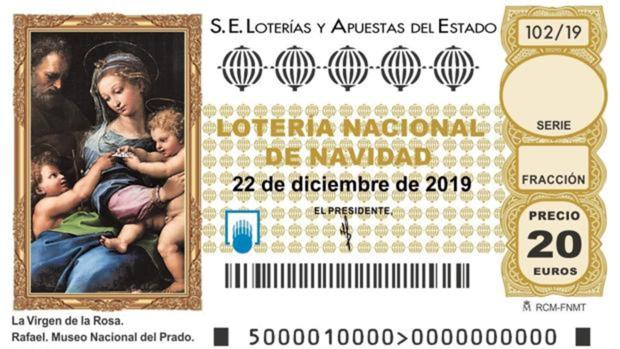
Spain: Spanish Christmas Lottery
The Spanish Christmas Lottery is a national lottery, It has been organized
every
year since 1812. It is considered the biggest lottery worldwide, the total
prize
for the first place "El Gordo ("the big one")" jackpot would be €720
million.
The drawing traditionally takes place on 22 December.
Usually people buy a small portion of one ticket (€20) with their families,
colleagues, or friends in the same bar. It stands for sharing, the spirit of
Christmas. The advertisement of the lottery every year is also appealing.
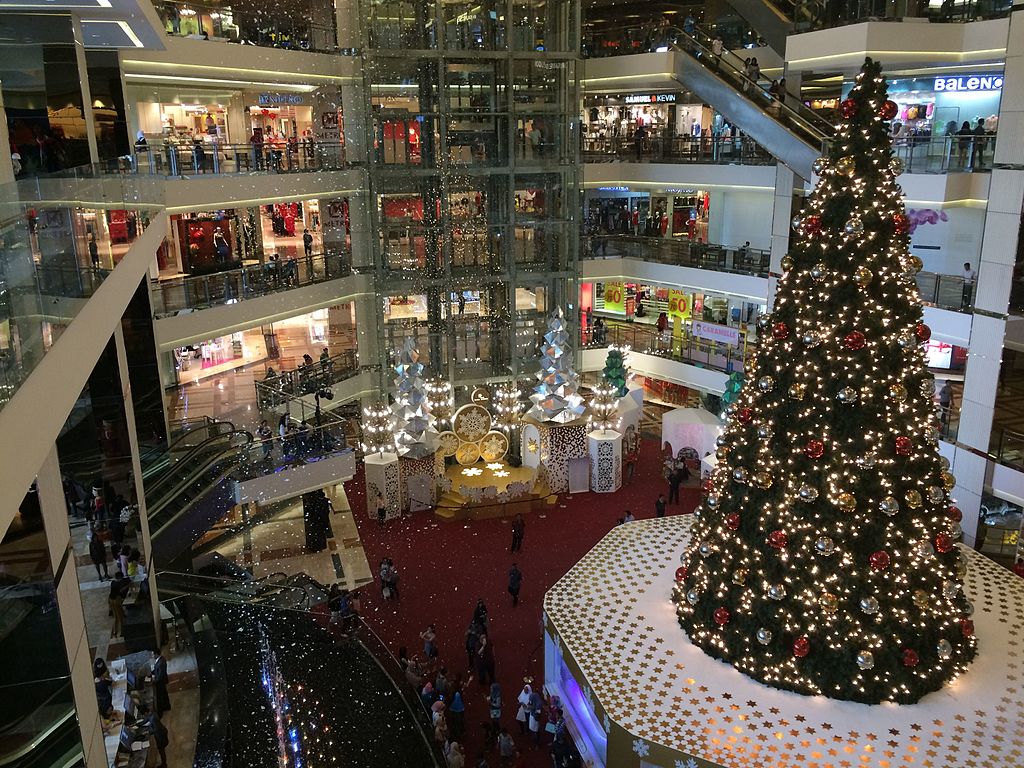
Indonesia: Selamat Natal
Selamat Natal or Merry Christmas as we say in Indonesia.
Although most people in Indonesia (about 85%) are Muslims, about 10% of the
population are Christians - that's still about 20 million people! Indonesian
Christians love to celebrate Christmas!
Christmas trees in Indonesia are normally artificial ones made of plastic.
Although less common, some people also have real Pine trees to be decorated
as
Christmas trees. Another special type of Christmas tree are ones made from
chicken feathers - made by people in their homes on Bali island. These
feather
trees have been exported to different countries around the world.
In Indonesia, Santa Claus is also very popular and is called 'Sinterklass'
(that's because Indonesia used to be ruled by The Netherlands)

Romania: Craciun fericit!
"Craciun fericit!" means Merry Christmas in Romanian.
Christmas is the most loved celebration of the year, as it is that time of
the
year when families and friends come together.
As you enjoy the festive dinner (which consists mainly in pork meat, so
forget
about diets during this time :) ) with your loved ones, you can hear carol
singers
constantly knocking on your door.
It is a good opportunity to share with them food, money and small trinkets
to
remind everybody of the Christmas spirit!

Nigeria: Calabar Christmas!
Calabar is a beautiful city in Nigeria, and was the first capital city of
Nigeria too.
It is a great place to visit at this period of the year especially when the
famous Calabar Christmas carnivals is ongoing!

Phillipines: Giant Lantern Festival
The Giant Lantern Festival in the city of San Fernando is an annual competition held during the Christmas season between the creators of giant colorful lanterns. The festival is so popular among natives and tourists that the city of San Fernando is actually considered to be the Christmas capital of the country. Today, the festival is a massive showing of the creativity of lantern makers!

Hungary: Advent Wreaths
In Hungary, the countdown to Christmas is marked by traditional advent
wreaths. These beautiful holiday centerpieces feature four candles,
representing faith, hope, joy and love, nestled in a bed of pine branches
and ribbon. A candle is lit each Sunday leading up to Christmas, with the
final candle lit on szent-este, or Christmas Eve.